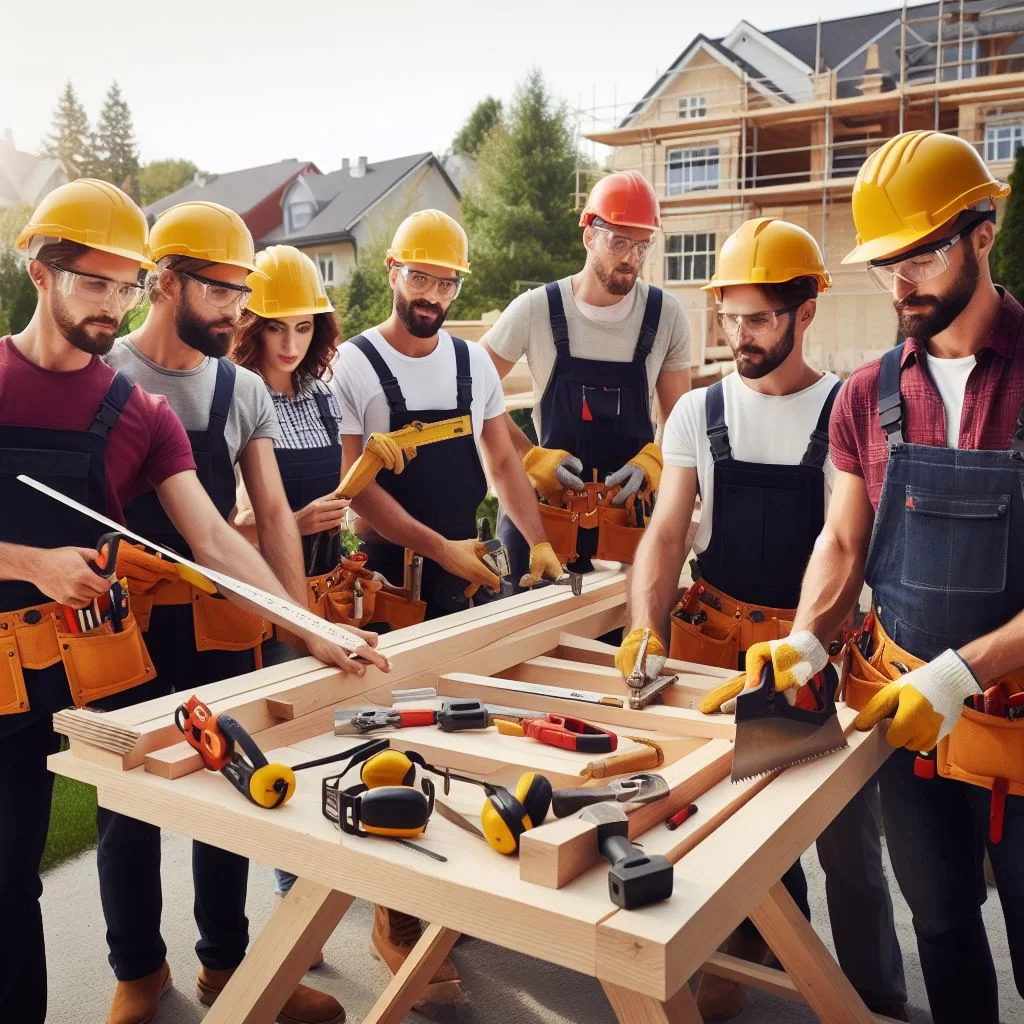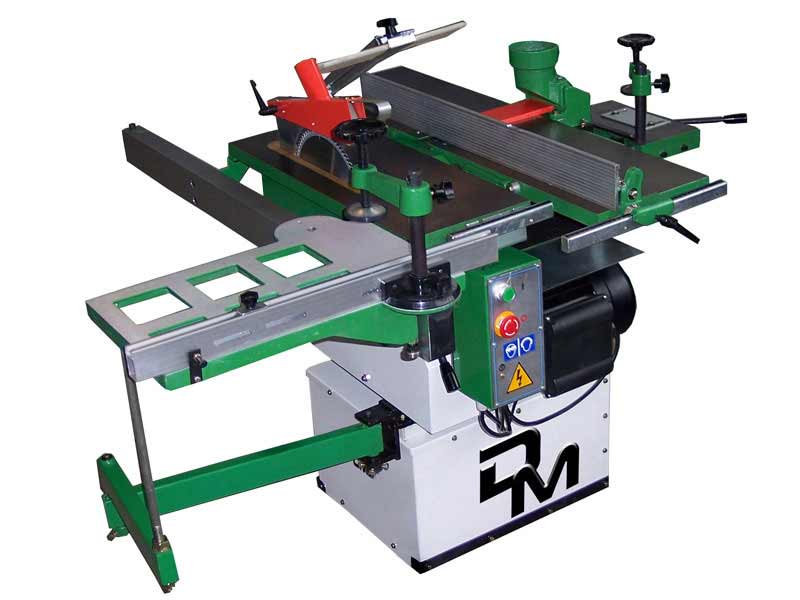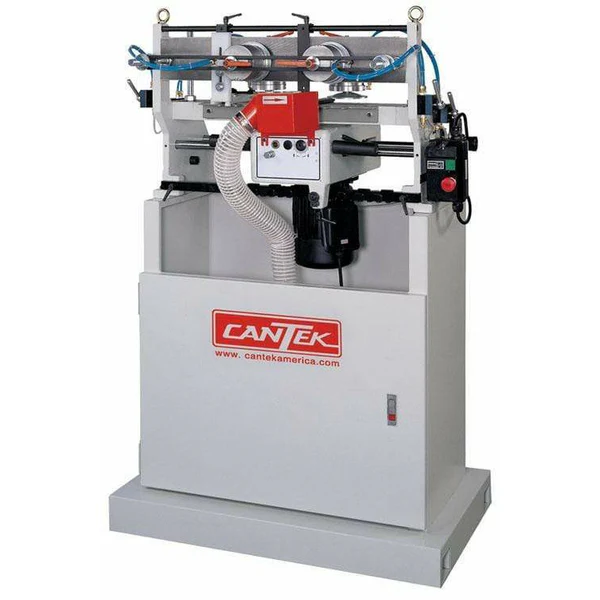A master carpenter is a highly qualified expert with a focus on design, construction, and woodworking. From framing and cabinets to elaborate wood detailing and custom furniture, master carpenters usually engage in residential, commercial, and industrial construction. A mix of formal schooling, apprenticeships, and years of practical experience are required to become a master carpenter.
Education and Training:- High School Education: Most master carpenters begin their journey with a high school diploma or GED. Courses in math, technical drawing, woodworking, and shop classes are beneficial.
- Apprenticeship: The most common route to becoming a master carpenter is through a formal apprenticeship, which typically lasts 3-4 years. During this period, apprentices work alongside experienced carpenters, learning essential skills in carpentry, safety protocols, and building techniques. Apprenticeship programs are often offered through unions, trade schools, or vocational programs.
- Vocational or Technical School: Some carpenters may choose to attend a vocational or technical school before entering an apprenticeship program. These schools offer specialized training in carpentry and construction techniques, and some programs may also include certification courses.
- Certification: While not always required, obtaining certification can demonstrate expertise and commitment to the trade. Organizations like the National Association of Home Builders (NAHB) and the Associated Builders and Contractors (ABC) offer certification programs for skilled carpenters.
- Journeyman Carpenter: After completing an apprenticeship, carpenters become journeymen and are fully qualified to work independently on a wide range of projects.
- Master Carpenter: To earn the title of master carpenter, one must have several years of experience as a journeyman, showcasing advanced skills in design, construction, and problem-solving. Master carpenters often take on leadership roles, overseeing projects and mentoring apprentices. They may also specialize in certain aspects of carpentry, such as cabinetry, fine woodwork, or historic restoration.
- Additional Skills and Specializations: Over time, a master carpenter may develop expertise in areas such as project management, blueprint reading, structural design, and building codes, which can open up further career opportunities in construction management or business ownership.
Career Path and Advancement
Job Outlook and Salary:
As construction projects continue to expand, particularly in areas like residential
dwellings, commercial buildings, and remodeling projects, there will likely be a
consistent demand for carpenters, including master carpenters. Although this can
vary depending on region, experience, and specialization, the median annual income
for carpenters is approximately $49,000, according to the U.S. Bureau of Labor
Statistics. Master carpenters may make much more money if they own their own
companies or work on upscale projects.
In summary, a combination of education, practical experience, and commitment to the
craft are necessary to become a master carpenter. A career in carpentry can be
fulfilling on a personal and financial level, with prospects for
specialization and promotion.
 teknowfeed
teknowfeed


